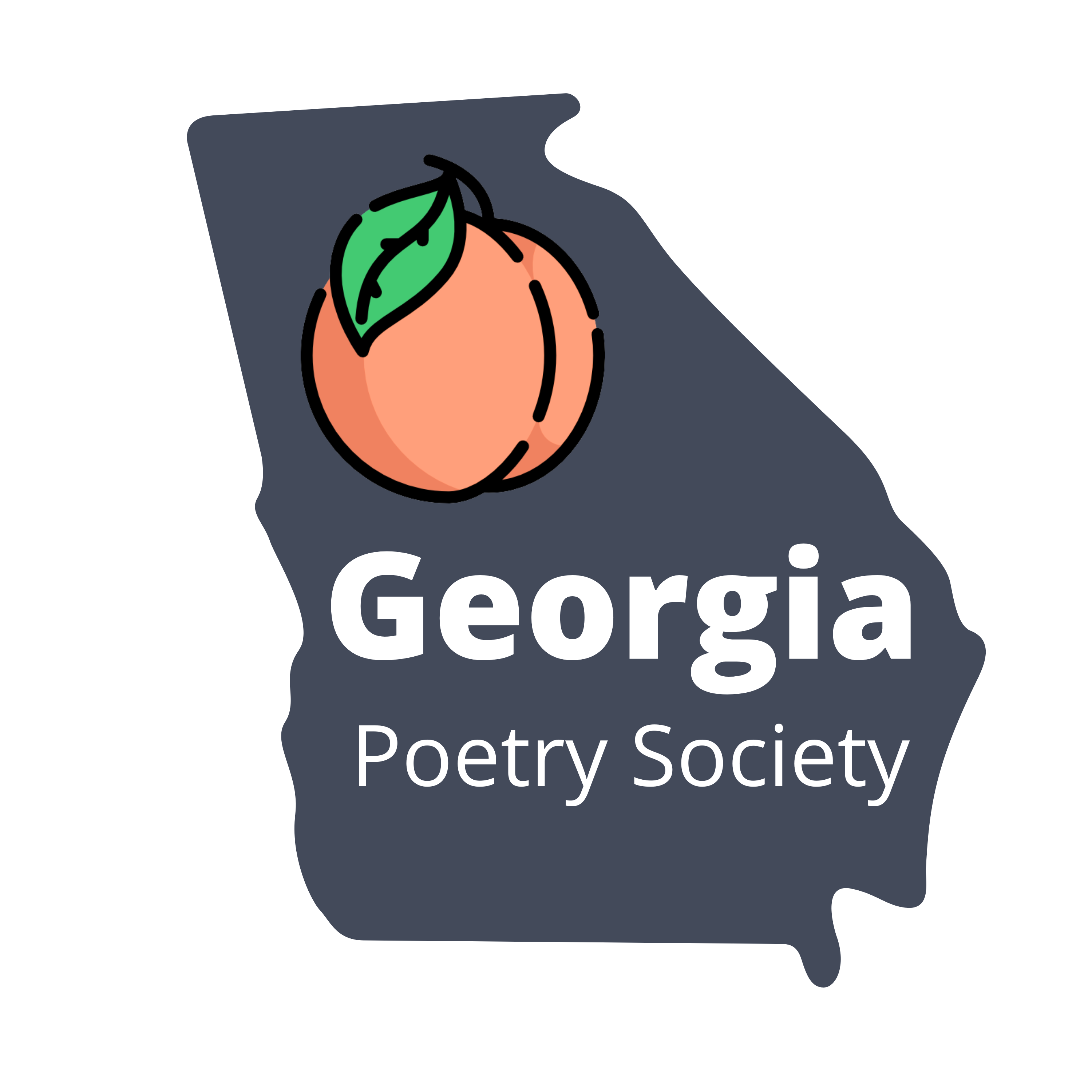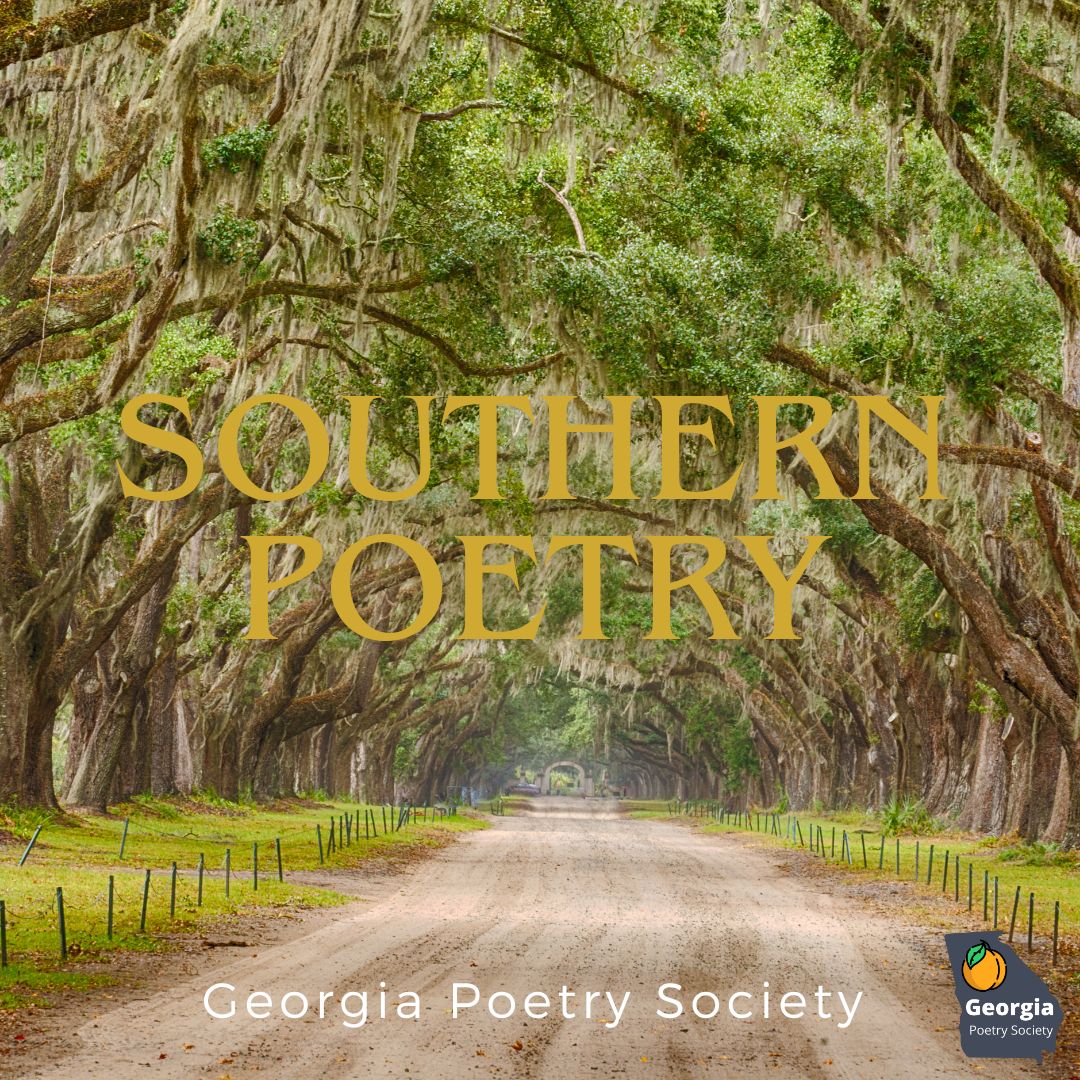Poetry has always been a reflection of place, shaped by the landscapes, traditions, and histories that define a region. In the American South, and especially in Georgia, poetry carries the weight of a rich and complex cultural identity. From the rhythms of rural life to the echoes of history, Southern poetry speaks with a voice that is both deeply personal and widely resonant.
In this article, we’ll explore how Southern themes influence poetry, highlighting Georgia poets whose work reflects the South’s landscapes, traditions, and evolving identity.
The Southern Landscape as Muse
The South’s natural environment — magnolia trees, red clay, humid summers, and sprawling farmlands — often provides a vivid backdrop in poetry. Georgia poets draw on this imagery to create sensory-rich verse that connects readers directly to place.
For example, the cadence of cicadas on a summer evening or the sight of Spanish moss draping from oak trees can instantly root a poem in the Southern experience. Such imagery not only grounds the work geographically but also evokes nostalgia, resilience, and belonging.
“The land itself becomes a character in Southern poetry — both nurturing and unforgiving, a constant reminder of identity and heritage.”
History’s Lingering Voice
Southern poetry also carries the deep resonance of history — stories of hardship, resilience, injustice, and triumph. Georgia, with its pivotal role in the Civil Rights Movement, continues to inspire poets who wrestle with the past while envisioning a brighter future.
Poetry often gives voice to untold or marginalized stories. Through verse, poets revisit struggles for equality, examine the complexities of cultural memory, and reflect on the persistence of systemic challenges. These themes create poetry that is both personal testimony and communal narrative.
Culture and Tradition
Beyond the landscape and history, Southern poetry is steeped in culture: storytelling traditions, music, faith, food, and the art of oral expression. Georgia poets often infuse their work with the cadence of Southern speech, blending lyrical rhythms with a storytelling style that feels both intimate and timeless.
Southern culture emphasizes community, and poetry reflects this value by drawing on shared experiences — family gatherings, local folklore, and the rituals that bind communities together. This cultural texture makes Southern poetry accessible, warm, and relatable while still exploring profound truths.
Modern Southern Voices
While traditional Southern themes remain vital, contemporary Georgia poets are expanding the conversation. Today’s poets explore identity, race, gender, and place with fresh perspectives, challenging stereotypes and reimagining what it means to be a Southern writer.
Spoken word and performance poetry have also found strong footing in the South, bringing new energy and urgency to themes of justice, belonging, and transformation. These modern voices build on tradition while carving new paths for Southern expression.
Why Southern Poetry Matters
Southern poetry is more than a regional art form; it is a lens through which we understand broader human experiences. The themes of resilience, community, memory, and identity are universal, yet the Southern perspective adds a richness shaped by its unique landscape and culture.
For Georgia poets, exploring Southern themes allows them to honor the past while reimagining the future. It connects them to their roots while creating poetry that resonates across boundaries.
Final Thoughts
From the red clay roads of Georgia to the echoes of history and the rhythm of shared traditions, Southern themes shape poetry in profound and lasting ways. By embracing the landscape, culture, and stories of the South, poets give voice to experiences that are both distinctly Southern and universally human.
Georgia continues to be a fertile ground for poetic expression, where the South’s past and present inspire works that speak to resilience, beauty, and transformation.


4 thoughts on “Exploring Southern Themes in Poetry”
I have interest in the society.
💗
I have written for many years.
We would love for you to join us! We have many events planned throughout the year that you can join.
Check out our Events page with a list of upcoming things you can join online: https://www.georgiapoetrysociety.org/event/